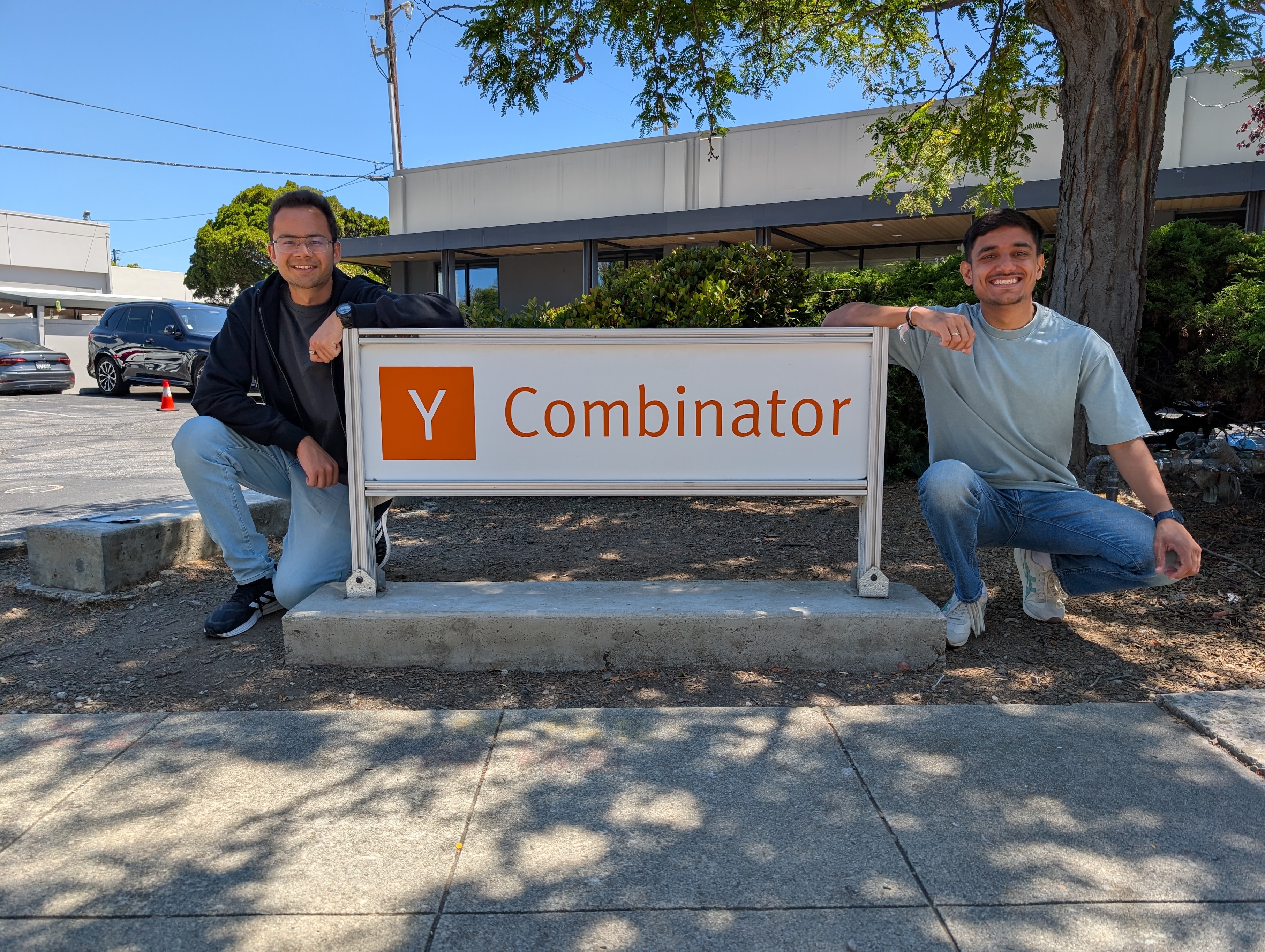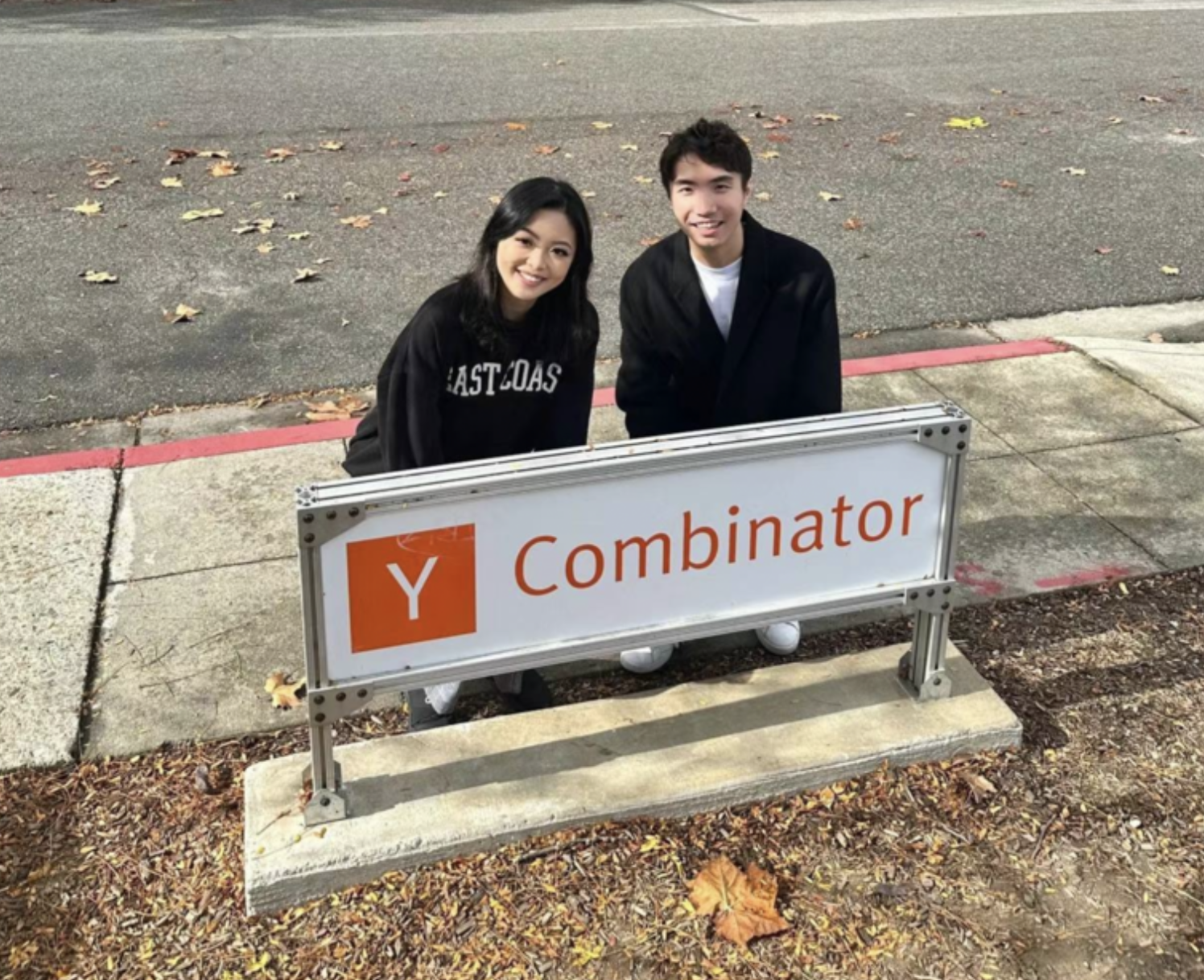In today's borderless business landscape, companies are increasingly seeking efficient ways to build and manage international teams.
Navigating the complex world of international hiring requires robust tools that simplify compliance, payroll, and team management across borders. Deel and Oyster stand as leading contenders in the global employment platform space, each offering distinctive approaches to solving cross-border hiring challenges. Their solutions enable businesses to build international teams without establishing legal entities in every country, but significant differences in their infrastructure, features, and service models can substantially impact your global hiring strategy.
How Do Deel and Oyster Differ in Infrastructure?
The foundation of any global employment platform lies in its underlying infrastructure, which directly impacts service reliability and compliance capabilities. Deel operates with a self-owned infrastructure spanning over 150 countries, complemented by in-house experts specializing in regional HR, legal, and payroll matters. This ownership-based approach extends to more than 50 proprietary payroll engines and direct immigration services in major business hubs including the United States, Canada, and the United Arab Emirates.
Oyster covers a slightly broader geographic footprint with presence in approximately 180 countries, but primarily relies on partnership networks rather than owned entities. This fundamental difference creates cascading effects throughout their service delivery models. Partner-dependent approaches typically introduce additional communication layers that can affect consistency and response times when addressing complex compliance issues or employee concerns.
Why Infrastructure Ownership Matters for Global Teams
Infrastructure ownership significantly impacts how efficiently global employment platforms can resolve issues and implement customizations. When an EOR owns its entities, clients benefit from streamlined communication channels and faster problem resolution without third-party dependencies. This direct control enables more consistent employee experiences across different locations and enhances data security by eliminating the need to share sensitive employee information with external partners.
In-house infrastructure also facilitates greater customization of HR policies to accommodate specific business requirements. Companies with unique operational needs often find owned-entity models more adaptable to their specific situations. The elimination of partner markup fees typically results in more predictable pricing structures and potential cost advantages for businesses managing larger international teams.
Which Platform Offers Better Integration Capabilities?
Modern businesses rely on interconnected software ecosystems to manage their operations efficiently. Deel distinguishes itself with an extensive integration network featuring connections to over 68 essential business tools. These integrations create seamless data flows between HR, payroll, accounting, and project management systems, significantly reducing manual data entry requirements and administrative overhead.
Deel's platform supports multiple accounting integrations with major financial software including NetSuite, Sage, Xero, and QuickBooks. This connectivity ensures accurate financial data synchronization across systems, simplifying reconciliation processes and financial reporting. The platform also offers flexible payment scheduling options and comprehensive global reporting capabilities that provide actionable insights across payroll, headcount growth, diversity metrics, and leave management.
Integration Limitations and Operational Impact
Oyster provides a more limited integration ecosystem with approximately 15 connections to external systems. This reduced connectivity often necessitates additional manual processes for companies operating across multiple software platforms. The integration gap becomes particularly significant for organizations with complex technology stacks that depend on automated workflows to manage distributed teams efficiently.
As companies scale their international operations, integration limitations can create bottlenecks in data management and increase administrative workload. Organizations prioritizing operational efficiency and system cohesion should carefully evaluate how each platform's integration capabilities align with their existing technology landscape and future growth plans. The disparity in integration options represents a meaningful differentiation point between these two global employment solutions.
What Support Models Do These Platforms Provide?
Customer support quality fundamentally shapes the user experience with any global employment platform. Deel employs a fully in-house support team distributed across 49 countries, enabling consistent quality control, standardized training protocols, and clear career development pathways for support personnel. This approach yields measurable service advantages, with 91% of customer issues resolved during first contact via live chat and typical EOR and contractor matters addressed within six minutes.
Deel maintains impressive customer satisfaction metrics, including a 90%+ satisfaction rating sustained over 16 months and a 4.8/5 rating on G2 specifically for support services. Their multi-channel support infrastructure includes:
- 24/7 in-app chat support with rapid response times
- Email, WhatsApp, and phone support options for different communication preferences
- Video call capabilities for complex issue resolution
- Dedicated Slack channels for enterprise clients requiring priority assistance
- In-country HR expertise for location-specific employment matters
Oyster likely offers professional support services, but doesn't prominently highlight detailed support metrics or infrastructure in comparative materials. This information gap suggests a potential differentiation in service level expectations, particularly for time-sensitive employment matters requiring immediate assistance across different time zones.
How Do Payment Capabilities Compare?
Payment flexibility represents a crucial component of effective global employment solutions. Deel excels in this domain by offering 15 diverse withdrawal methods for contractors, including popular options like PayPal, Payoneer, Wise, and Coinbase. This variety allows team members to receive compensation through their preferred financial channels, enhancing satisfaction and reducing payment friction in different regions.
For client companies, Deel supports multiple payment methods beyond standard options like ACH, SEPA, and credit cards. Their payment infrastructure includes cryptocurrency platforms and digital banking solutions such as Mercury and Brex. This versatility accommodates diverse financial systems and regional preferences across global markets.
Advanced Financial Features for Global Teams
Deel further distinguishes itself with specialized financial features designed for international workforces. Their platform includes:
- Earned Wage Access options allowing employees to access earned compensation before regular paydays
- Advance payment capabilities for contractors requiring financial flexibility
- Payroll variance reporting to help clients identify and communicate reasons for payment changes
- Support for 120+ currencies including cryptocurrency options
- Global debit card solutions for simplified international payments
Oyster offers solid payment capabilities but appears to provide fewer payment options for both contractors and clients. This limitation potentially restricts flexibility for international teams operating across diverse financial ecosystems with varying payment preferences and requirements.
Which Platform Offers More Comprehensive HR Tools?
Modern global employment platforms increasingly extend beyond basic compliance and payroll functions to provide broader workforce management capabilities. Deel has evolved into a comprehensive Human Resources Information System (HRIS) offered at no additional cost for companies with up to 200 employees. This integrated solution enables businesses to manage their entire workforce-both domestic and international-from a unified platform.
Deel's expanded HR functionality includes performance management tools for setting goals and conducting reviews, learning management systems for employee development, and career frameworks supporting professional advancement. These features create a cohesive ecosystem for talent management throughout the employee lifecycle, eliminating the need for separate HR systems.
Operational Tools for Global Team Management
Beyond core HR functions, Deel provides practical operational tools that simplify global team management. Their platform includes HR Slack plugins for improved accessibility and IT logistics automation for managing employee equipment across 130+ countries. The Compliance Hub automatically alerts customers to regulatory changes and potential compliance issues in 150+ countries, helping businesses stay ahead of evolving legal requirements.
Oyster appears to maintain a more focused approach on core EOR services without the integrated HRIS capabilities. This distinction becomes particularly significant for growing companies seeking to consolidate their technology stack and establish consistent HR practices across global teams. Organizations prioritizing unified human resources approaches may find Deel's all-in-one platform advantageous compared to solutions requiring multiple systems for comprehensive workforce management.
What Do User Reviews Reveal About Platform Performance?
Independent validation through user reviews provides valuable perspective on real-world platform performance. According to G2's Spring 2025 report, Deel has achieved notable recognition as a leading solution across multiple categories. The platform received top rankings in five critical areas:
- Contractor Management Software
- Enterprise Multi-Country Payroll Software
- Employer of Record Software
- HR Compliance for Enterprises
- Global Employment Platform
These rankings reflect strong user satisfaction and validate Deel's comprehensive approach to global employment solutions. Customer testimonials further illuminate practical impacts, with users specifically highlighting Deel's all-in-one capabilities that eliminate the need for multiple vendors.
Real User Experiences and Platform Transitions
Customer experiences provide particularly valuable insights when comparing platforms directly. Alex Nooman of Last Call Media reported that switching from Oyster to Deel eliminated frustrations and delays they had previously experienced. Specifically, Nooman mentioned that Oyster's support often took 3-4 days to respond, whereas these issues "evaporated" after transitioning to Deel.
This direct comparison highlights operational differences that can significantly impact day-to-day team management. For businesses operating across multiple time zones, prompt resolution of HR, payroll, and compliance issues becomes essential for maintaining productivity and employee satisfaction. Support delays can cascade into broader operational problems, particularly when addressing time-sensitive matters like payroll processing or employment contract changes.
How Do Pricing Models Differ Between Platforms?
While detailed pricing information isn't comprehensively available for direct comparison, understanding financial implications remains crucial when evaluating global employment solutions. Both Deel and Oyster likely offer tiered pricing structures based on factors including employee count, countries of operation, and required services. Industry standards typically include base platform fees plus per-employee charges that vary by location due to differing compliance requirements.
Deel potentially offers greater value through its inclusion of built-in HRIS functionality at no extra cost for companies with up to 200 employees. This integration could represent significant savings compared to maintaining separate HR systems. Additionally, Deel's extensive owned infrastructure may translate to more predictable pricing by eliminating third-party markups that can occur in partner-dependent models.
Evaluating Total Cost of Ownership
When assessing platform costs, businesses should consider not just stated prices but total ownership costs including:
- Integration requirements with existing business systems
- Support needs based on team distribution and complexity
- Operational efficiencies gained through automation
- Potential cost avoidance from consolidated systems
The inclusion of features like performance management, learning systems, and IT logistics automation in Deel's platform might offset higher base costs by reducing the need for additional solutions. Companies should request detailed quotes from both providers based on their specific requirements, considering both immediate expenses and long-term value as their international workforce evolves.
How to Choose the Right Platform for Your Business
Selecting between Deel and Oyster requires aligning platform capabilities with specific business priorities and growth strategies. For companies prioritizing end-to-end HR functionality in a single system, Deel's comprehensive platform with integrated HRIS, performance management, and learning tools offers significant advantages. Organizations with complex compliance requirements across multiple jurisdictions may benefit from Deel's owned entity model and in-house expertise.
Businesses emphasizing payment flexibility should evaluate Deel's extensive options, including cryptocurrency support and earned wage access features. Companies with extensive existing software ecosystems will likely appreciate Deel's broader integration capabilities compared to Oyster's more limited connectivity options. Support-sensitive organizations, particularly those operating across multiple time zones, may value Deel's multi-channel 24/7 support infrastructure and demonstrated resolution metrics.
Key Decision Factors for Platform Selection
When evaluating global employment platforms, consider these essential factors:
- Geographic coverage matching your current and planned hiring locations
- Integration capabilities with your existing technology stack
- Support model alignment with your team's time zones and needs
- Payment flexibility requirements for your international workforce
- Comprehensive HR functionality needs beyond basic compliance
The optimal choice depends on your specific global employment strategy, workforce composition, technology landscape, and growth trajectory. Consider conducting a detailed requirements analysis, requesting demonstrations from both providers, and speaking with reference customers in similar industries before making this significant operational decision.
Making Your Global Employment Platform Decision
Choosing the right global employment platform represents a strategic decision that directly impacts your ability to build and manage international teams effectively. Both Deel and Oyster offer valuable solutions for simplifying cross-border hiring, but their distinct approaches create meaningful differences in user experience, operational efficiency, and long-term value. Carefully evaluating these platforms against your specific requirements will help identify the solution that best supports your global workforce strategy.
The global employment landscape continues evolving rapidly, driven by increasing workforce globalization, remote work adoption, and regulatory complexities. Your selected platform should demonstrate not just current capabilities but also strategic direction and innovation that aligns with your organization's future needs. Consider how each provider's roadmap addresses emerging trends like AI-enhanced compliance monitoring, deeper workflow integrations, and enhanced analytics capabilities.
Request detailed demonstrations focusing on your specific use cases and geographic requirements to experience how each platform handles your most critical processes. Speak with reference customers in similar industries or with comparable international footprints to gain insights from their implementation experiences. By thoroughly evaluating both platforms against your unique needs, you'll identify the solution that best positions your organization for successful global team building and management.
Simplify Startup Finances Today
Take the stress out of bookkeeping, taxes, and tax credits with Fondo’s all-in-one accounting platform built for startups. Start saving time and money with our expert-backed solutions.
Get Started









.png)









